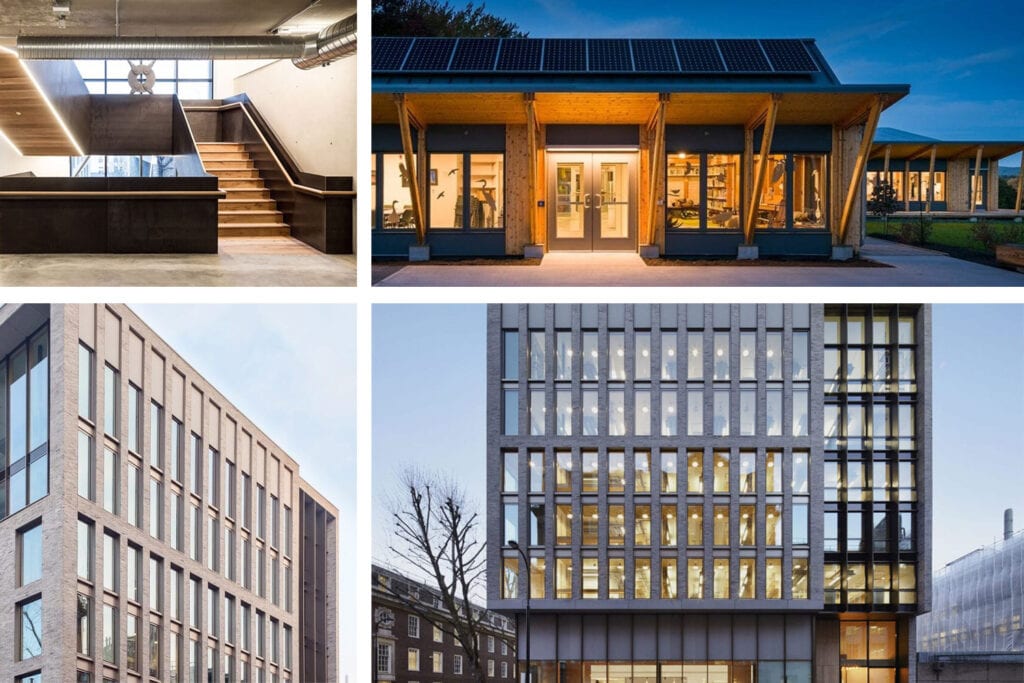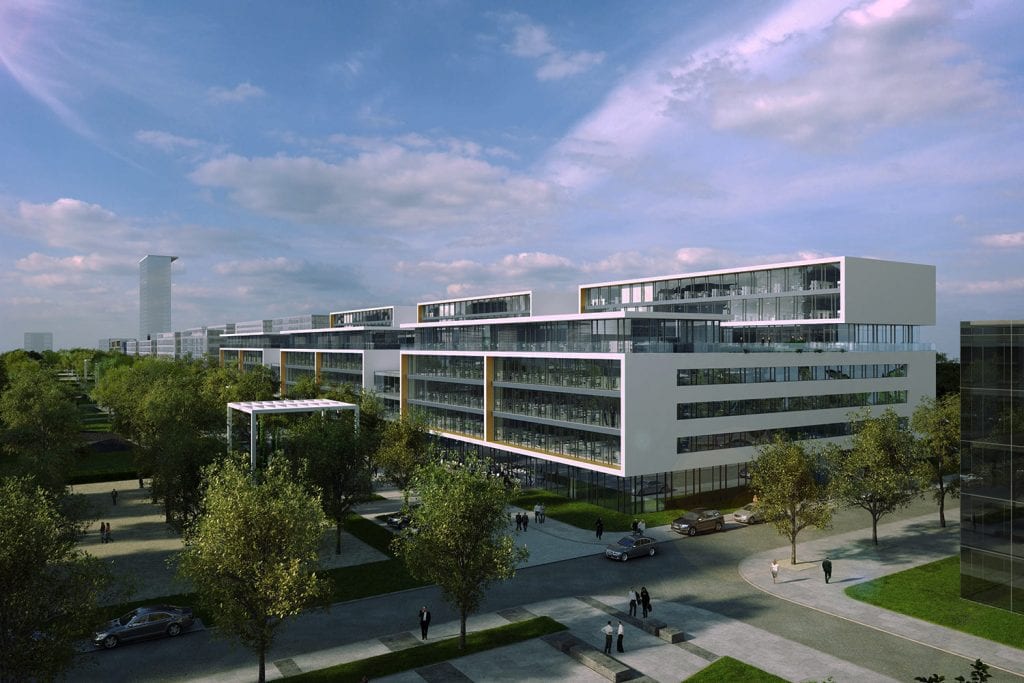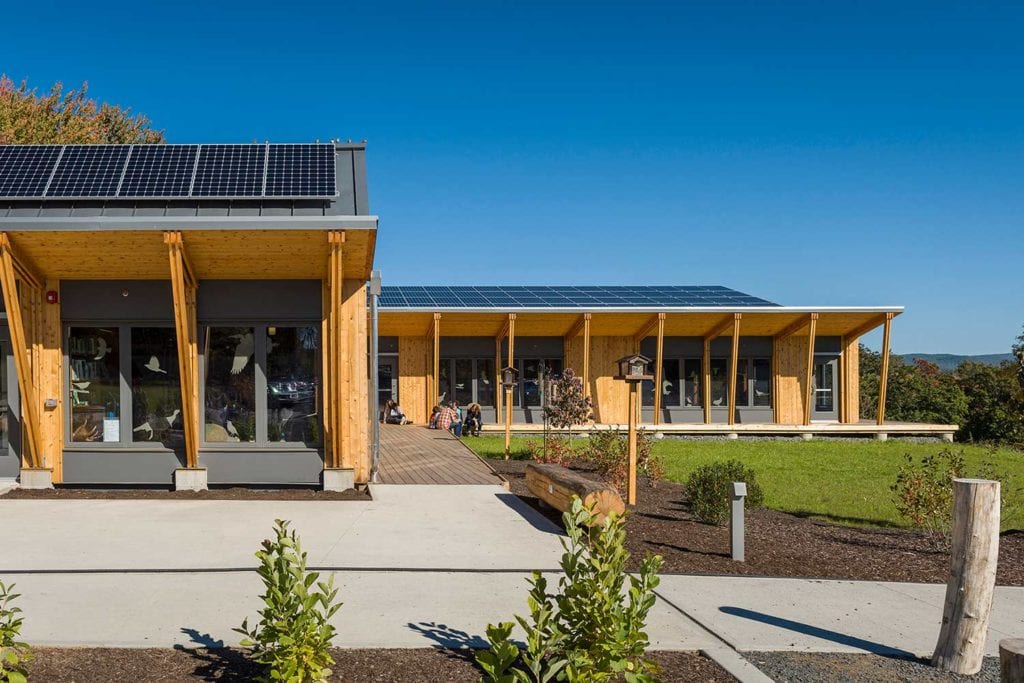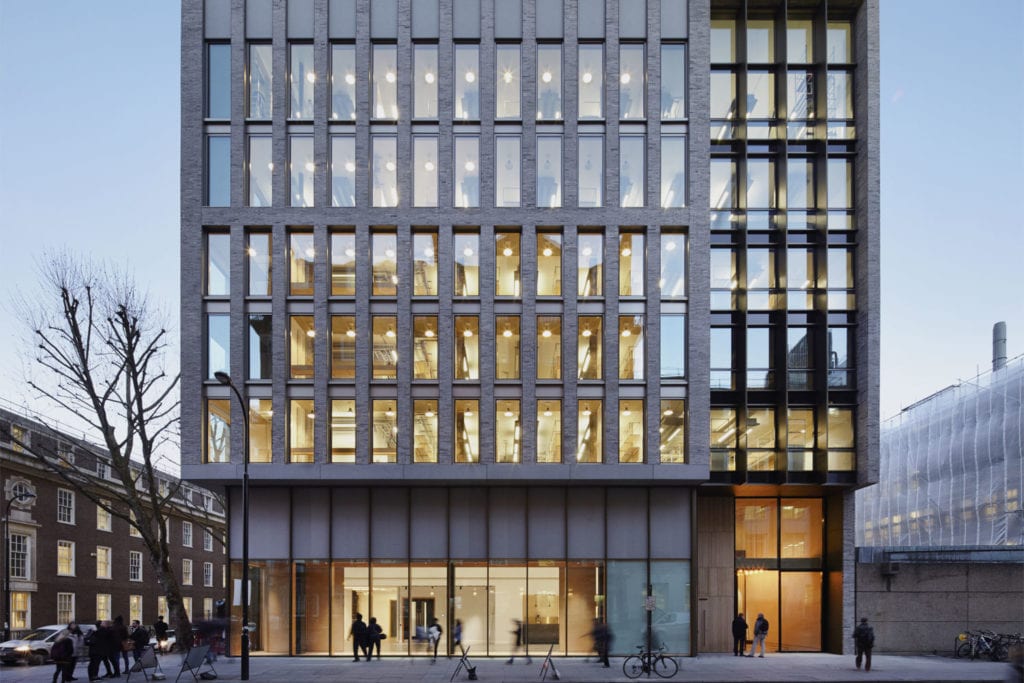Buro Happold joins the Building Performance Network
Buro Hapold has joined the Sustainable Development Foundation’s Building Performance Network.
To tackle the climate emergency, we must not only reach net zero carbon by 2050, but also reduce our overall energy consumption by at least 40%. A combination of incremental and radical change is needed across all aspects of society. Understanding the importance of building performance is just one of the first steps in this journey.
The Building Performance Network (BPN) is an independent not for profit organisation, operating across all building sectors. With a focus on performance measurement and providing members with reliable data for decision making, the BPN aims to close the gap between design intent and reality, influencing change in policy, procurement and practice.
The Building Performance Network is delighted to welcome Buro Happold as a new member. I very much welcome their holistic approach to improving building performance, by taking into account the inter-related issues of energy, carbon, health, wellbeing, asset value and productivity. The journey for all buildings to “perform in use” is long and hard, but having the CIBSE Consultancy of the Year from 2018 to 2020 will greatly assist in reaching this goal.
George Martin, Chairman, Building Performance Network (BPN)

In 2020, the BPN published a Position Statement, supported by Buro Happold, alongside other signatories including LETI, UKGBC, CIBSE and the RIBA, asking the government to make the operational performance of buildings subject to regulatory requirements. Also in 2020, the BPN launched their “State of the Nation” review, investigating the in-use performance of new homes. In future, the BPN will also begin work on a new British Standard for Building Performance Evaluation normalising performance evaluation protocols.
At Buro Happold, we are making changes in the way we design, operate and retrofit buildings to achieve net zero carbon. This includes switching to electricity as our only form of energy on projects and embedding strategies to significantly reduce energy demand and increase renewable generation on-site. Alongside this initiative, Buro Happold advocates principles such as Soft Landings, Design for Performance and Post Occupancy Evaluation across all our projects.
It is forecasted that the UK will have to cut energy use by 40% given the limitations to the amount of renewable energy we are expecting to be able to generate.
UK Fires (2019), Absolute Zero: Delivering the UK’s climate change commitment with incremental changes to today’s technologies.
We ensure that the learning from our global portfolio of work feeds into all elements of the business. Examples include: The House at Cornell Tech (the world’s largest Passivhaus), our intensive commissioning work at the Louvre Abu Dhabi, the learning from deep retrofits such as UCL 22 Gordon Street – winner of the 2020 CIBSE Building Performance “Retrofit of the Year” – and the “Living Building Challenge” certified Hitchcock Center for the Environment, achieving net zero energy and net zero water on-site, verified through measured performance data.
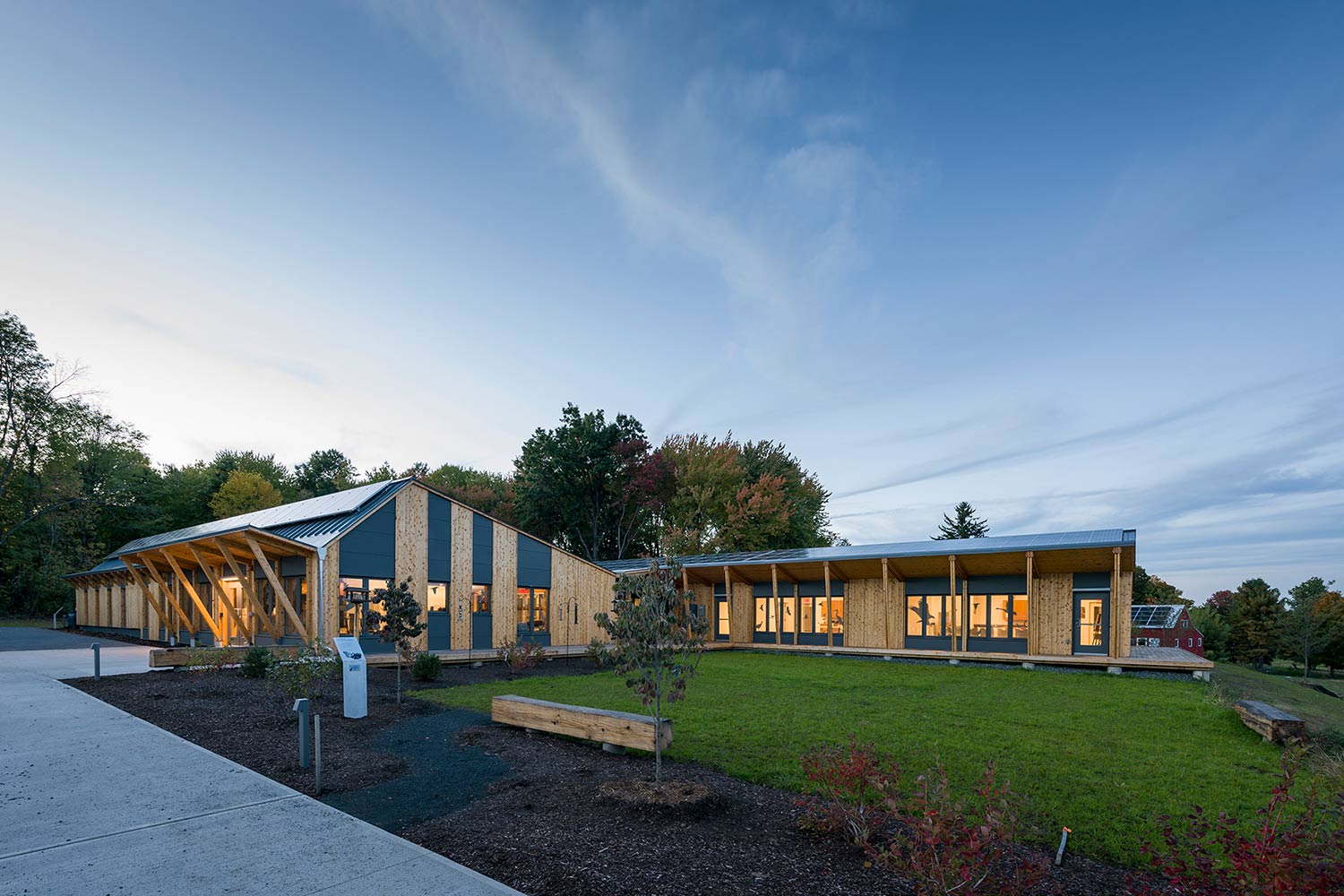
By the end of the April 2021 financial year, in line with the commitments in our Global Sustainability Report, Buro Happold will ensure that business operations will be net zero carbon. We are also developing an in-house building performance dashboard to capture measured energy data on projects and track the progress of our commitment to achieve net zero carbon on all our new-build projects by 2030 and all projects by 2050.
Joining the Building Performance Network is an important step in embedding learning amongst our employees and is an opportunity to have a greater platform for changing top-down policies.
Please get in touch with our Building Performance specialist team if you would like to know more.
